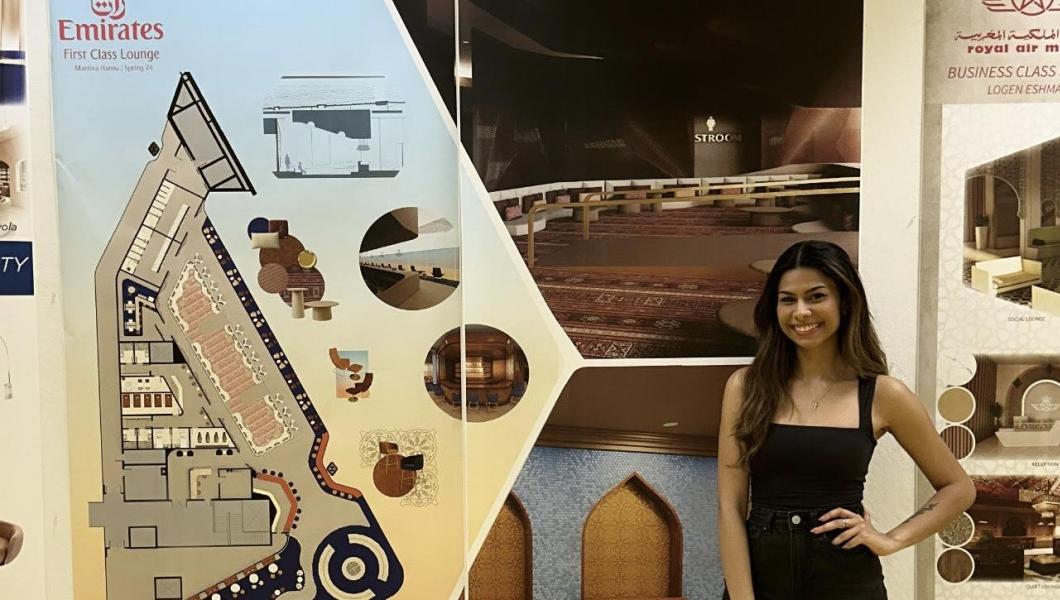An Environmental Life Cycle Assessment Approach to Design Spring Symposium

Organized and sponsored by the New Jersey Institute of Technology and the American Center for Life Cycle Assessment the Sympoisum will be held March 30-April 1, 2021.
Registration is open!
Students complimentary tickets: Use code SRATE2021
Discount for ACLCA Members: Use code WATER for a 21% discount.
Truly sustainable design is increasingly driven by a steady stream of reliable data. What was once a field that relied almost completely on heuristics, sustainable design now leverages computationally guided workflows in conjunction with robust databases. How does this data-driven approach to sustainability liberate design where appearance is now decoupled from substance?
The designer’s primary job is to present compelling synthetic solutions that meet people’s needs. Good design, at every scale, stirs emotions while satisfying multiple utilitarian requirements. At this point in human evolution, however, it is necessary - and possible - to do more. Environmental life cycle assessment (LCA) provides a fact-based scientific approach to evaluate design decisions. It is grounded in a deep understanding of the environmental impacts associated with human-directed natural resource flows and the industrial processes that transform them. Tracking current human impacts on the ecosphere in increasingly detailed ways is critical to reducing and even reversing the negative environmental effects of providing for a global population of nearly 8 billion people.
This inaugural symposium unites these two parallel but separate cultures engaged in dynamic systems thinking. It will explore areas of common cause and mission in two sectors: building and transportation. Through three half days of presentations and working sessions, we will come together to define current and future opportunities brought about through leaps in computational power that promise to augment and improve sustainable design processes at multiple scales.
John Cays, Associate Dean for Academic Affairs and Interim Director of the School of Art + Design, and the Hillier College organizer of the symposium, presented his recently published book in a discussion recorded via Webex. The book can be checked out of the Littman library here.
This book introduces readers to Life Cycle Approach (LCA)-supported design solutions, through non-geometric-data-driven methodologies, to provide a clear picture of how to optimize individual designs in addressing ecological challenges. By offering LCA, the book gives designers a complimentary set of science-based perspectives and techniques with a focus on high data quality for clarity and public accessibility. While most design solutions and resources are meant to appeal to people by solving everyday problems, this book uses LCA designs to appeal to people through a combination of practicality, accuracy, and the need to decelerate ecological destruction through products offered to marketplace consumers. In essence, the book teaches designers how to craft environmentally responsive designs for their clients at little to no extra cost, but with necessary ecological benefits.
The book analyzes the human desire for consumption, and suggests design innovations for promoting "best practices". LCA tools, data, and methodologies are explained and offered as these potential innovations for affecting positive environmental change. As an underlying component of LCA, the book defines the energy essentials related to environmental problems, and how LCA design solutions must address these factors while also appealing to a designated client-base. The book also teaches designers how to consider corporate incentives for trusting LCA designs, such as investor confidence, loyalty, and consumer trust. The book will appeal to a broad range of designers interested in sustainable and data-driven design, and may be utilized by non-LCA specialists in expanding their design perspectives and goals in the marketplace.

